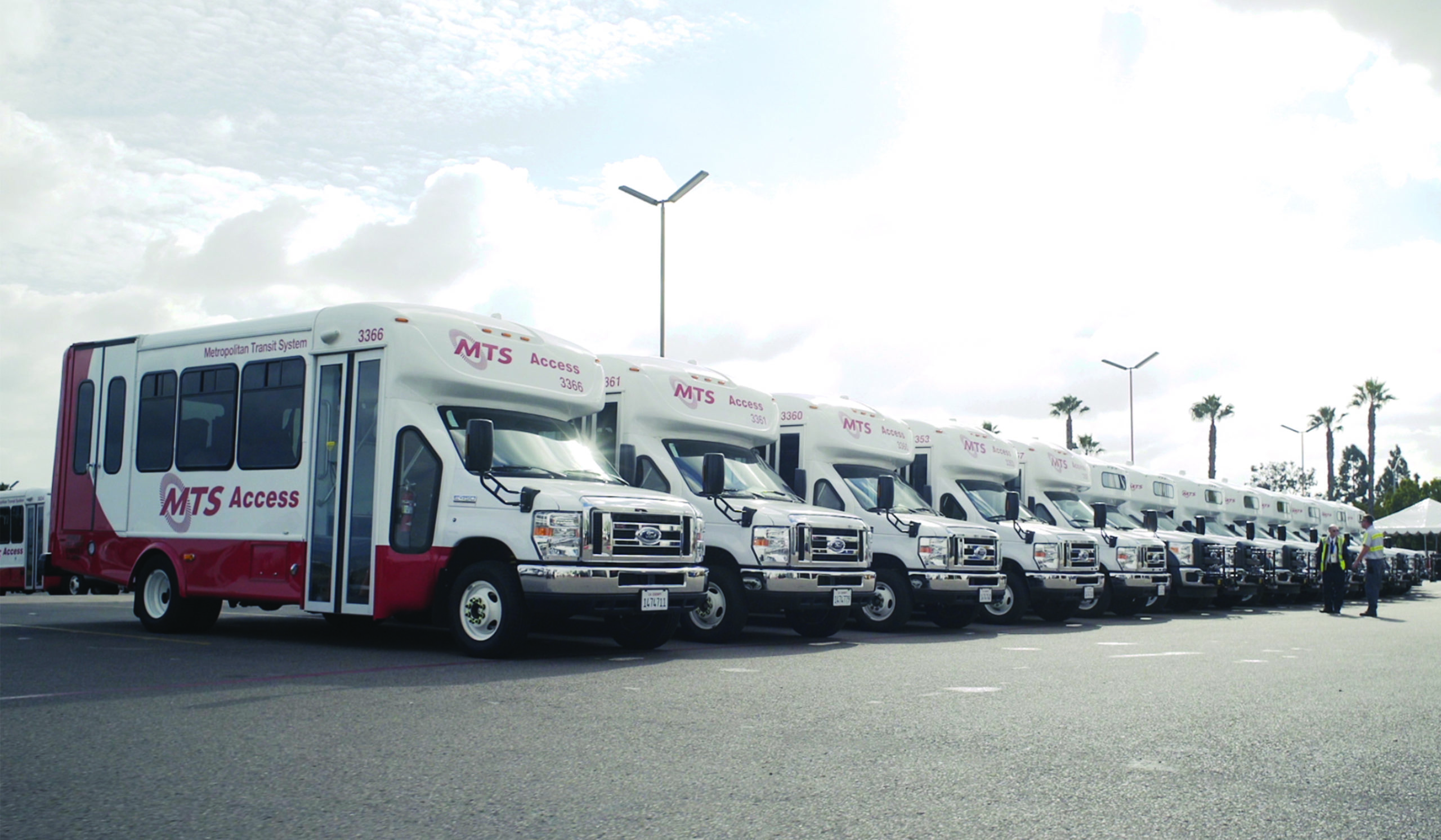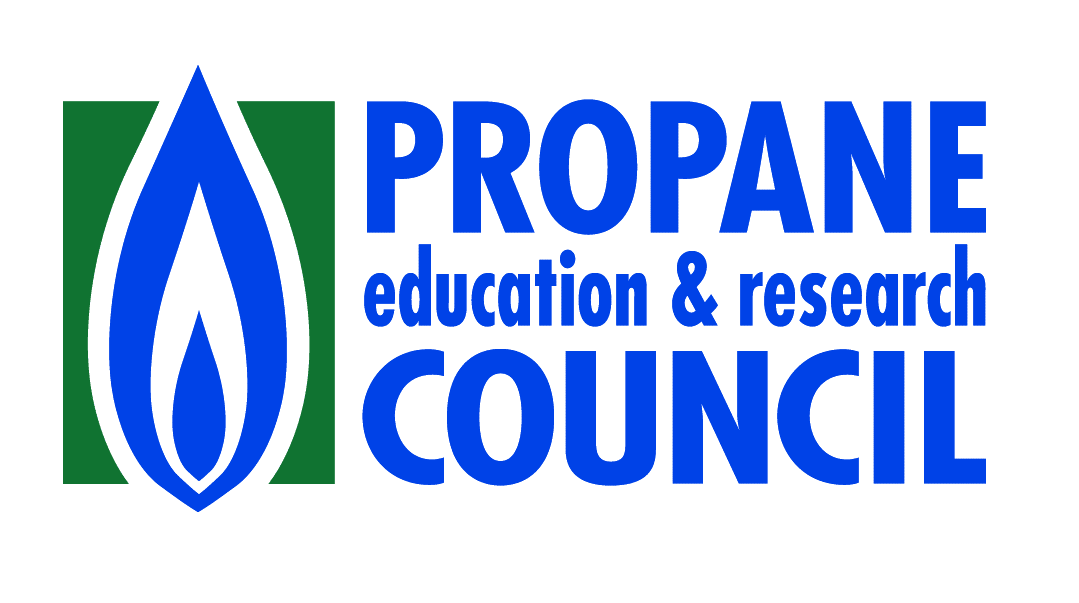Propane autogas is continuing to prove itself as a reliable fuel to improve the operations for a variety of commercial vehicle fleets that each face a unique set of challenges.
Recently, the Propane Education & Research Council featured the stories of six fleets as the latest additions to the council’s popular Straight Talk video series.
The Propane Education & Research Council features the stories of six fleets in their popular Straight Talk video series.
While the videos provide viewers with an in-depth look at how propane autogas has improved each fleet’s operation individually, there are several common threads that collectively tell the story of why this fuel has become the go-to alternative fuel for assorted commercial fleet vehicles.
Savings on fuel, maintenance with propane autogas
Cost savings are obviously a big part of why fleets are choosing propane autogas. Savings on the fuel itself, as well as maintenance, are widely reported among propane autogas fleets. Sometimes these savings are incredibly significant, as was the case for the San Diego Metropolitan Transit System in California. San Diego MTS switched 77 of its paratransit and minibuses and saved $750,000 in 2016 alone, with the potential for more than $2 million in annual fuel savings once the rest of the fleet is converted.
Savings on the fuel itself, as well as maintenance, are widely reported among propane autogas fleets.
Another company, in my home town of Richmond, Virginia, runs nearly its entire 60-vehicle fleet on propane autogas bi-fuel systems. Van Go Transportation Service is a medical transportation company whose general manager, Travis Snellings, says the company saves tens of thousands of dollars from reduced fuel and maintenance costs annually. It has also seen a 40 percent reduction in towing and repairs. Some of its vehicles have remained in use beyond 700,000 miles.
A school bus contractor in Chicago, Cook-Illinois Corporation, also reported 30 to 40 percent savings on fuel and maintenance after switching to propane autogas.
Lower emissions for fleets
Propane autogas is probably best known for its low emissions, and for good reason. Compared to other fuels, propane autogas lowers harmful emissions like greenhouse gas, carbon monoxide, nitrous oxide, sulfur oxide, and particulate matter, which is a huge problem in older diesel engines.
The emissions profile of propane autogas was one of the biggest reasons San Diego MTS switched to the fuel. As most people know, California is acutely aware of its air pollution problems and the strict emissions rules set on fleets as a result. San Diego MTS saw propane autogas as a way to do its part to limit its impact on the city’s air and the local environment.
Propane autogas lowers harmful emissions like greenhouse gas, carbon monoxide, nitrous oxide, sulfur oxide, and particulate matter.
It did that, and then some. With its 77 propane autogas buses on the job, San Diego MTS is expected to remove more than 2 million pounds of greenhouse gas produced by its bus fleet each year. Yes, the cost savings were great, but the stewardship they showed to their community by transitioning to propane autogas was just as important, if not more.
School districts, in particular, are finding the improved emissions of their propane autogas school buses to be a huge positive to the health and safety of the children riding these buses every day. At districts like Indianapolis Public Schools and the Metropolitan School District of Warren Township, Indiana, the unhealthy black smoke at the tailpipe of a diesel bus is gone and the particulate matter that is known to be dangerous to our lungs is no longer a worry.
Performing in cold weather
School bus fleets have also benefited from propane autogas in colder climates. Warren Township saves at least $1,600 per year on each propane bus compared to diesel because there are no additional costs for anti-gelling liquids, electric block heaters, or overtime maintenance to keep buses warm and running in cold Indiana winters.
The improved emissions of propane autogas school buses is hugely positive for the health and safety of children riding these buses every day.
The districts and their drivers love how propane autogas performs in cold weather, too. The buses start reliably without the need for all those block heaters and the buses are warm before the first student is picked up in the morning, something I promise you the drivers, students, and parents are happy about.
A fuel to meet the fleet’s needs
Propane autogas is an efficient fuel on its own, but it’s versatility allows it to be used in tandem with other fuels in a bi-fuel vehicle capacity, too.
Bi-fuel systems allow companies like Van Go to reap the benefits of the alternative fuel without worrying about driving beyond the limits of a tank. Each vehicle in Van Go’s fleet averages between 265 to 285 miles traveled every day, and the bi-fuel fuel systems allow for more range than that.
This has also been a reassurance in Kingsport, Tennessee. The Kingsport Police Department uses 39 propane autogas bi-fuel cruisers and seven light-duty SUVs. The vehicles have no issues going from cruising city streets to high-speed situations, and can handle the hilly terrain around the city with ease and efficiency. And because of the bi-fuel capabilities, cruisers can automatically switch over to use gasoline if the vehicle runs out of propane autogas and is not near the department’s refueling station.
Fuel versatility allows propane autogas to be used across more than a dozen departments in the city of Kingsport. In addition to its police vehicles, the fuel is at work in light-duty trucks for its grounds and maintenance department, while medium-duty trucks have been outfitted to haul equipment for water, sewer, streets, and sanitation.
PERC encourages fleet managers to learn more about all of these stories and how propane autogas benefited the fleets’ specific operations. To watch the full Straight Talk video series, visit propane.com/on-road-fleets.



